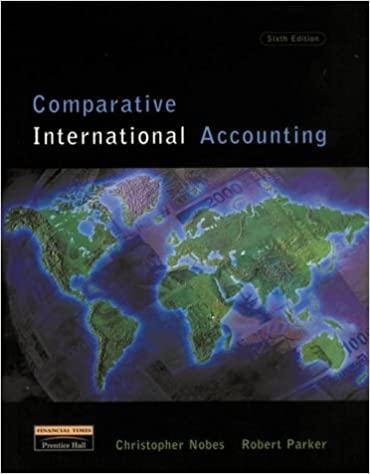


The selling price per unit is $3,100. The budgeted level of production used to calculate the budgeted fixed manufacturing cost per unit is 1,000 units. There are no price, efficiency, or spending variances. Any production-volume variance is written off to cost of goods sold in the month in which it occurs. Read the requirements. Data table Label any variances as favo Requirements 1. Prepare income statements for Amazing Screen in January, February, and March 2020 under (a) variable costing and (b) absorption costing. 2. Explain the difference in operating income for January, February, and March under variable costing and absorption costing. Amazing Screen Corporation manufactures and sells 50 -inch television sets and uses standard costing. Actual data relating to January, The selling price per unit is $3,100. The budgeted level of production used to calculate the budgeted fixed manufacturing cost February, and March 2020 are as follows: per unit is 1,000 units. There are no price, efficiency, or spending variances. Any production-volume variance is written off to cost (Click to view the data.) of goods sold in the month in which it occurs. Read the Requirement 1. Prepare income statements for Amazing Screen in January, February, and March 2020 under (a) variable costing and (b) absorption costing. (a). Prepare income statements for Amazing Screen in January, February, and March of 2020 under variable costing. Complete the top half of the income statement for each month first, then complete the bottom portion. (Complete all input fields. Enter a "0" for any zero balance accounts.) (b). Prepare income statements for Amazing Screen in January, February, and March 2020 under absorption costing. Abbreviation used; Adj. = Adjustment, Mfg. = Manufacturing.) \begin{tabular}{l} January 2020 \\ \hline Revenues \\ \hline Cost of goods sold: \\ Beginning inventory \\ Variable manufacturing costs \\ \hline Fixed manufacturing costs \\ \hline Cost of goods available for sale \\ \hline Deduct ending inventory \\ \hline Adj. for production-volume variance \\ \hline Cost of goods sold \end{tabular}









